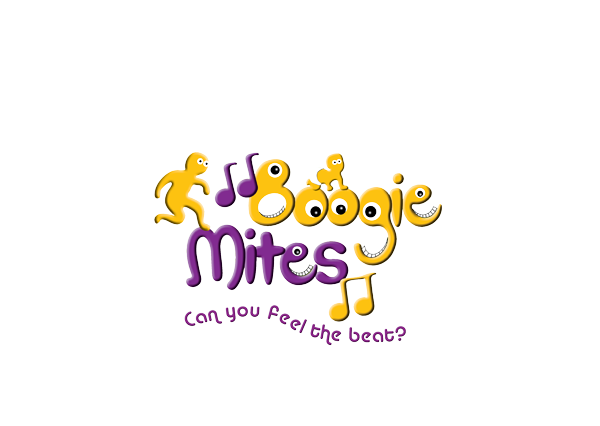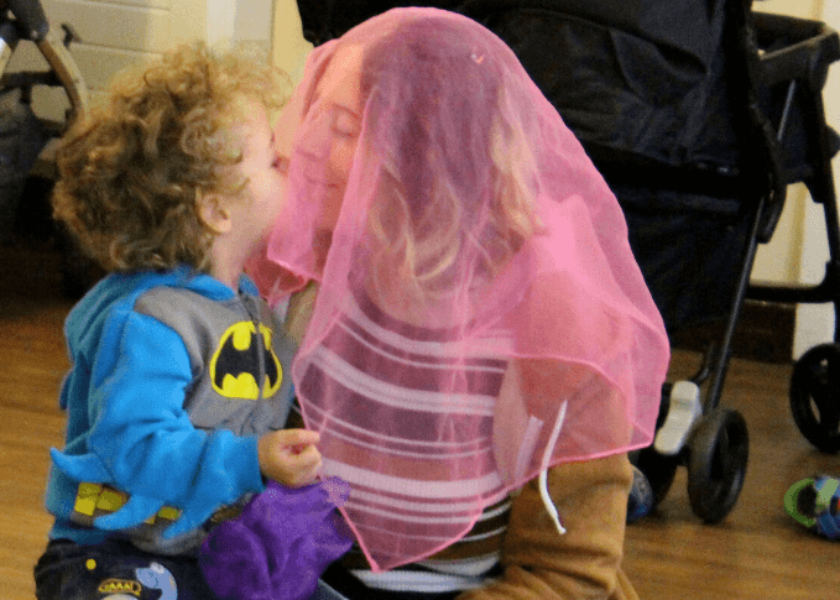Sue Asquith, early childhood consultant, talks about transition in early years. She considers the implications of lockdown and how you can practise literacy skills ready for starting at primary school in September.
Usually the summer term sees early years settings and schools sharpen their focus on transitions. However, this year the restrictions and implications of COVID-19 have meant lots of change to ‘usual norms’ and may possibly impact on some of the traditional transitions plans.
WHAT DOES ‘TRANSITION’ MEAN?
A dictionary definition of transition is:
Noun – the process or a period of changing from one state or condition to another, for example ‘students in transition from one programme to another’.
Since the UK ‘lockdown’ 23rd March, many children have not been in their usual childcare setting or school. Parents and children were thrust into a new-look world of #stayathome, perhaps balancing #workfromhome with #childcare and #homeschooling! This was a sudden transition and a complete culture shock for many! However, we have adjusted our routines to establish some kind of ‘new norm’.
In England, we are now preparing for more children to return to childcare and school. This is another transition, one that we have had some notice of and one that we can prepare for. Some children will be excited to see their key person and friends again whilst others will be worried and anxious.
It will be important to talk to children in an age and stage appropriate way about any changes they may experience in their childcare setting. If you have not already had conversations (age and stage appropriately) about ‘illness’, ‘what a virus is’ and the importance of washing your hands etc, these may help, giving children the chance to ask their parents questions and to discuss how they are feeling.
For children starting ‘big school’ in September, this could be their third big transition this year (it could be more than three if children have moved house, become an older brother or sister, or they may have experienced their parents separating, or family illness or a bereavement). This is a lot of change for anyone!
My book, Self-regulation Skills in Young Children explores brain and child development in more detail with lots of practical activities to support children to gain this crucial skill.
Boogie Mites have asked me to consider activity ideas specifically connected with the Early Years Foundation Stage (EYFS) area of Literacy. I was pleased to oblige!
LITERACY IN THE EYFS
Literacy is a specific area of the EYFS, accompanying maths, expressive arts and design and understanding of the world. Some of the roots of literacy come from the prime area of learning communication and language. For example, listening to others to understand words. This is enhanced, if from birth, adults share books and sing songs and finger rhymes.
The EYFS area of learning of Literacy is split into two aspects
- Reading
- Writing
…. However, it is not an expectation that children starting school will be able to write their name or be a professor of phonics! Here are a few activities that will help children on their road to literacy and starting school…
READING BOOKS
This is perhaps the most obvious of my suggestions, but lots of children do not have books at home. Reading together will build children’s enjoyment of books as well as extending their language and supporting their personal, social and emotional development. Stories can form part of bedtime routines. Cloth and board boards are great for the youngest children, you can just talk about the pictures. First experience books such as ones about starting school are really useful to help children transition and understand a new concept. Some children will love non-fiction books to increase their knowledge about an interest or fascination.
DANCING WITH SCARVES AND RIBBONS
Did you know that physical development is linked to literacy? Children need to be well-balanced with strong gross and fine motor skills before they are able to sit and listen, read or write. Dancing with scarves or ribbons offers opportunities to gain and practise skills such as crossing their midlines and using their shoulder and elbow pivots which are all underpinning elements of reading and writing!
MAKING BOOKS
Follow your child’s interests. Whether this is superhero play, a specific TV programme or film, an interest in people that help us, etc… You could perhaps make a book about your family time during #stayathome #lockdown (this period of life will undoubtedly be something that people talk about for years, it may even form part of history classes for future generations)!
Children could draw pictures and take photographs of their first-hand experiences. Some children may make marks and representations, others may be at the emerging writing stage. Perhaps an adult can record children’s thoughts in clouds or their questions and narratives in speech bubbles? This will demonstrate to children that words can be written down and read by others.
RHYME AND ALLITERATION
There’s lots of fun to be had from rhyme (the end of words that sound similar) and alliteration (the same starting/initial letter/sound). Poems can be introduced at any age; lots of books and songs contain text that rhymes too. There are lots of tongue twisters such as ‘she sells seashells by the sea shore’ which can provide lots of alliteration fun. Starting to hear the initial sounds in words and continuing a rhyming string will help children when the time comes to blending and segmenting words to learn to read and write. It is important for adults to use the sound that letters make (for example ssss for Sue, not S as you would say the alphabet or ‘suh’). A treasure hunt to find as many things as you can starting with the ‘ssss’ sound would be a fun way to learn. Also, traditional games such as I-spy can be fun on walks or in the car.
Boogie Mites’ Wash Your Hands song (above) uses rhyme to help grow early vocabulary, and you can practise alliteration with songs such as Bangedy Bang Bang from their parent collection, Mities Music Programme, Percussion Songs category:
Read more about child development, behaviour in Sue’s book Self-Regulation Skills in Young Children.
Follow Sue on Twitter here
Join Sue’s Early Childhood Consultant Facebook group here
SUPPORTING TRANSITION IN EARLY YEARS WITH MUSIC
We have been hosting music and movement workshops for school readiness on our Facebook transition group. Last week, we hosted 3 Maths workshops, covering our School Ready Maths Parent Pack. This aligns with the programme followed by our licensed nurseries (and those primary schools offering extra support for starting year R).
We are having a break from video workshops over half term week. We’ll be sharing resources and ideas for supporting your under 5’s, and then we’ll be premiering our School Ready Literacy Workshops starting Tuesday June 2nd.
You can purchase the School Ready Literacy Parent Pack to practise the songs between workshops and enjoy unlimited use of the video workshops.
EXCLUSIVELY SUE’S
As a follower of Sue Asquith you are entitled to a 10% discount on any Boogie Mites products or services. Use this discount code at the checkout on their website shop:
SAALL10%
For enquiries, contact Sue Newman, Boogie Mites director: [email protected] or call her on 023 92 817274






